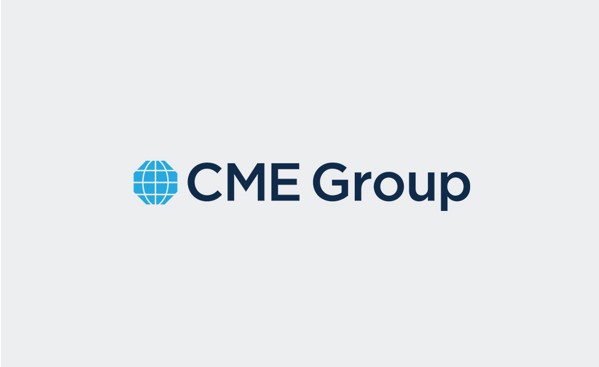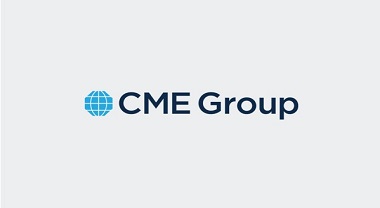Court Allowed Dismissal of Claims Contingent on Payment of Costs and an Agreement Not to Sue
Plaintiff, Chicago Mercantile Exchange Inc. (“Plaintiff”), approached the United States District Court for the Northern District of Illinois (“Court”) to dismiss its claims against the Defendant, Intercontinental Exchange Inc. (“ICE”). The claims were pertaining to a case of trademark validity and cancellation at the Trademark Trial and Appeal Board (“TTAB”). The motion to dismiss claims raised a few issues, which were dealt with by the court individually. There were five issues in total, first, the dismissal of the Plaintiff’s claim against the Defendants. Second, status of ICE’s counterclaims. Third, costs and attorney fees. Fourth, issue of validity of the trademarks at the upcoming trial and fifth, ICE’s request to further stay the TTAB proceedings, which were pending due to this case. It is trite in law that the decision of granting leave for dismissal of claims is a discretion of the court. The court relied on 41(1)(2) of the Federal Rule of Civil Procedure, which permits dismissal of claims, “provided that the court considers it proper.”

With respect to the second issue pertaining to the standing of ICE’s counterclaims upon dismissal with prejudice of the Plaintiff’s claims and the provision of an agreement not to sue. The counterclaims sought adjudication, claiming that Plaintiff’s marks were invalid. The Court however held that upon dismissal of the Plaintiff’s claims and providing an agreement not to sue, ICE’s counterclaims will be rendered moot. The Court observed, as per Article III of the Constitution and 28 U.S.C. § 2201(a), that upon the grant of dismissal of the claims, there will be no active controversy between the parties since the Plaintiff would not have any pending claims against ICE. Additionally, the court took notice of the fact that the Plaintiff had an ongoing controversy with the other Defendants, ICE Clear US and ICE Clear Europe, and held their claims including trademark infringement claims, is of no consequence with respect to ICE’s counterclaims. ICE is independent of other Defendants, thus has no bearing on a case between the Plaintiff and ICE.
The third issue dealt with costs and attorney’s fees. As mentioned above, as per the Federal Rule of Civil Procedure 54(d)(1) and 28 U.S.C. § 1920, the dismissal of claims is contingent upon payment of costs. Hence, the court held that ICE’s bill for costs is to be filed by August 21, 2020, and once, the bill for costs is filed the court will set a subsequent briefing schedule. Concerning the attorney’s fees, the court held that this matter would be determined following entry of judgement, and added that ICE’s motion for the same should be filed by September 4, 2020, thereafter the court will set a briefing schedule.
The fourth issue dealt with the question of the validity trademarks at the upcoming trial. The court reasoned that if the Plaintiff accepts the conditions imposed on dismissal and provides an agreement not to sue, the assertion made against the other defendants concerning the validity of their marks will no longer be an issue for the trial, as the other defendants are precluded from challenging the validity of the Plaintiff’s mark as per the doctrine of licensee estoppels and ICE’s defences and counterclaim will no longer be part of the case.
The fifth issue was with regards to staying the pending TTAB proceedings. ICE asked the court to stay the upcoming trial pending resolution of trademark validity/cancellation proceedings before the Trademark Trial and Appeal Board (TTAB), if it grants Plaintiff’s motion for dismissal of its claims. The Court declined to order a stay, adding that the TTAB proceedings were stayed pending this case so they were at an infancy stage. And some of Plaintiff’s remaining claims in the present case are unrelated to the validity of its marks. Therefore, the court found no substantial reason to stay in the proceedings.
The court after conscious regard to both sides granted Plaintiff’s motion to dismiss its claim against Defendant ICE. The grant of dismissal was conditioned upon providing a covenant not to sue as per the order and payment of ICE’s costs. Additionally, the court dismissed ICE’s counterclaims as moot.
Author: Saransh Chaturvedi (Advocate, LLM (IIT Kharagpur) – an associate at IP And Legal Filings, in case of any queries please contact/write back us at support@ipandlegalfilings.com.



